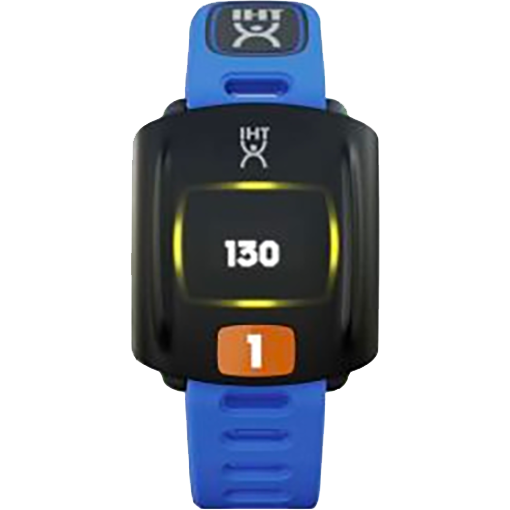Originally published Nov. 12, 2017 in the Press of Atlantic City
Families can be assured if they live in New Jersey, students are more likely to get topic-focused health and physical education in public middle schools and high schools than they would in other states, a new report finds.
New Jersey had the second highest percentage in the country, nearly 97 percent, of teachers and principals who reported they taught required health education courses in any grade six through 12, according to the U.S. Centers for Disease Control and Prevention’s School Health Profiles report.
“Because young people attend school about six hours a day approximately 180 days per year during a critical period of their development, schools are in a unique position to help improve the health status of children and adolescents nationwide,” CDC experts stated.
Report highlights included New Jersey doing better than most other states in teaching students a complete range of sexual education topics, nutrition and dietary behavior education and physical activity topics.
Nearly 95 percent of New Jersey respondents said they taught a health education course to sixth-graders, whereas only 6.2 percent of Nevada respondents reported doing so. All New Jersey educators said their schools taught a health course to ninth-graders, the highest rate of all other states.
The CDC School Health Profiles report also looked at what schools offered in terms of physical education and nutrition and food options at school.
While responses from New Jersey educators fell within average ranges compared with other states, about 25 percent of respondents said students could purchase ice cream, classified as a non-nutritious item, at school — the highest rate in the country.
The state’s high rates in positive health opportunities, information and education were reflected in the professional education background of its educators.
According to the report, nearly 99 percent of those surveyed in New Jersey said their school had a full-time registered nurse, the highest rate in the nation. It also showed a higher rate of lead health educators having a background in both health and physical education and being certified to teach health education.
Report experts said educating and health agencies have used the biennial survey results to describe school health policies and practices, identify professional development needs, plan and monitor programs, support health-related legislation and seek funding.
To learn more about the 2016 School Health Profiles report, visit cdc.gov/healthyyouth.



